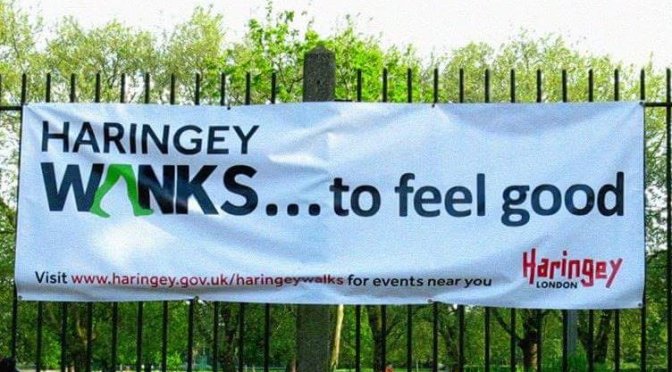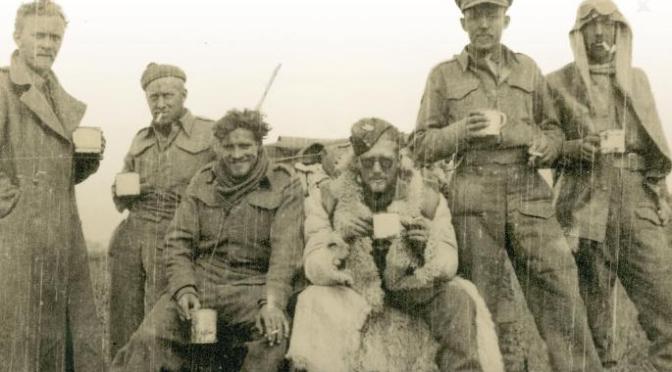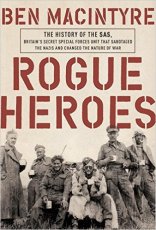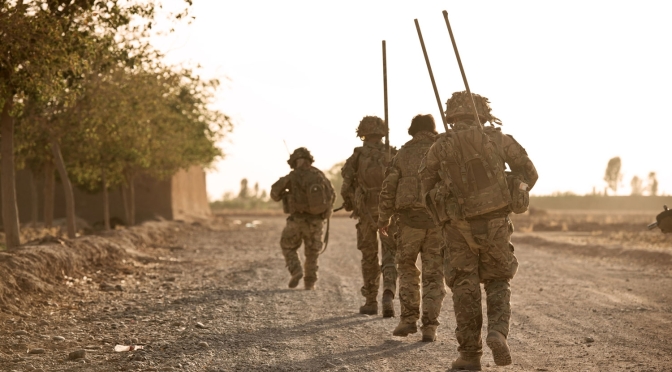On 24 September 2012 at 3.30pm, after nine long months in Helmand, I was finally reunited with my children, Harry and Alfie. It was an unforgettable moment of realisation that changed my life forever.
‘AS I HURRY from my train at London Bridge station I glance at my Citizen Divers watch, my constant companion of the last 20 years.
I don’t want to be late for this appointment.
I notice that the black canvas military strap I fitted before departing for Afghan is caked in Helmand Province. Until this moment I’ve been oblivious to this but it’s impossible to miss against the cuff of the white dress shirt I’m wearing under my velvet blazer.
Save for my watch, I’m in full civilian mode, completely invisible amongst the multitude of commuters who criss‑cross the station’s concourse. Except, perhaps, that where they stride with confidence and purpose along unseen tramlines of relentless repetition my own trajectory is less certain. I’m an untethered element cast adrift in the throng.
I make my faltering way to the exit on London Bridge Street where The Shard towers above the railway lines that inspired it. The vast obelisk of glass and steel is a monument to a world of consumerism and excess that I turned my back on, but which I’ve been fighting to protect.
The irony is lost on me. At any moment two beautiful boys will appear at the station entrance and I’m straining to catch my first glimpse of them in the crowd.
Jane and I have been unable to agree on a reunion prior to this moment. Harry and Alfie are not waiting for the plane to touch down at RAF Brize Norton as I’d often daydreamed they might be. Nor are they present when our coach is mobbed by excited families as it swings onto the parade square at Lille Barracks in Aldershot – the start and end point of my Afghan Adventure.
I’ve been a forlorn bystander as colleagues push past me to embrace their partners or bundle their delighted children into their arms. Banners, balloons and even cakes are exchanged along with a multitude of kisses. Some affectionate, some passionate, some X‑rated, but all of them heartfelt. Alone in this welter of excitement, I make my way through the happy throng and head disconsolately towards the camp exit. It dawns on me that I don’t know where I’m going.
I keep walking.
As part of my mandatory ‘decompression’ programme I’m required to spend the next 48 hours on the base. But there’s no accommodation for me. Eventually I’m quartered in a condemned block that is awaiting demolition in another part of the garrison. It is eerily silent, cold and gloomy and matches my mood perfectly.
General George Patton warned that Glory is fleeting. This doesn’t feel like an especially warm welcome from a grateful nation.
In the end it is my sister, Edwina who comes to the rescue. As soon as I’m released from my military bonds of service she takes a day off work to travel to York and collect the boys. We’re in constant contact throughout our respective journeys and so, by accident rather than design, our rendezvous is a railway station. I can’t think of a better location for a reunion.
I catch a glimpse of Harry weaving through the crowd a split second before he’s airborne and hurtling towards me at speed. I have just time to catch him in my arms but not quite enough time to stay on my feet. I go down hard, but the cold stone platform is a feather bed in the joy of that moment. Alfie is only a few paces behind his brother and with a glorious cry of BUNDLE! jumps knees first onto my chest.
We roll around on the floor for a while, just as we’d done on the lawns of Gooseberry Hall five months earlier, oblivious to the commuters who step around and over us. My wonderful sister, who has made it all possible, stands back and allows us to revel in the occasion.
The journey that started at the MOB Price helipad six days and 4,457 miles earlier is finally over.
I’m home at last.
In the years before I became disillusioned with my life of comfortable consumerism I would wake at 5.15am each workday morning in order to fund our pointlessly extravagant existence. In those days Harry and Alfie would often sleep in our bed and I would lie in the dark for a few minutes, enjoying the warmth of my family beside me. It increasingly became the highlight of my day and I wondered why I needed such a large house and quite so many belongings when everything in the world that actually mattered fitted comfortably within the precinct of our double bed.
As Harry and Alfie turn me black and blue with their love on the station concourse, I realise I’ve been right all along to exchange possessions for experiences. I haven’t missed my designer clothes, my trophy house or my luxury goods even once.
Being reunited with my children, on the other hand, is an unforgettable moment that I will treasure for eternity.’
SPIN ZHIRA: Old Man in Helmand is the unauthorised, unvarnished and irreverent story of one man’s midlife crisis on the front line of the most dangerous district in Afghanistan where the locals haven’t forgiven the British for the occupation of 1842 or for the Russian Invasion of 1979. Of course, all infidels look the same so you can’t really tell them apart.
 A JOURNEY OF LOVE, SERVICE AND ADVENTURE. EXCELLENT!
A JOURNEY OF LOVE, SERVICE AND ADVENTURE. EXCELLENT!
 A MODERN WARFARE LITERARY CLASSIC! OUTSTANDING READ.
A MODERN WARFARE LITERARY CLASSIC! OUTSTANDING READ.
 ENTERTAINING, THOUGHT-PROVOKING AND COMPULSORY TO READ.
ENTERTAINING, THOUGHT-PROVOKING AND COMPULSORY TO READ.
What others are saying about SPIN ZHIRA














